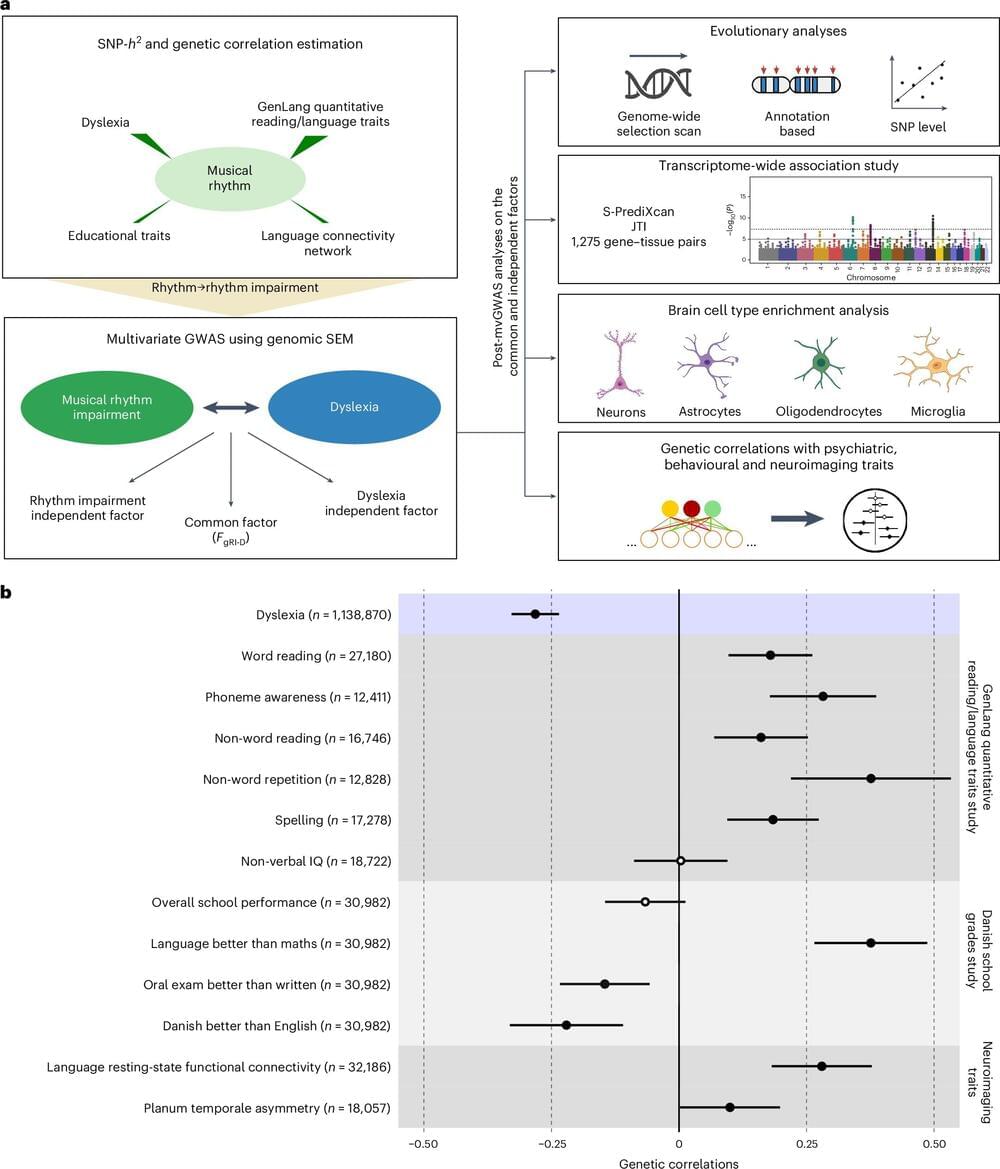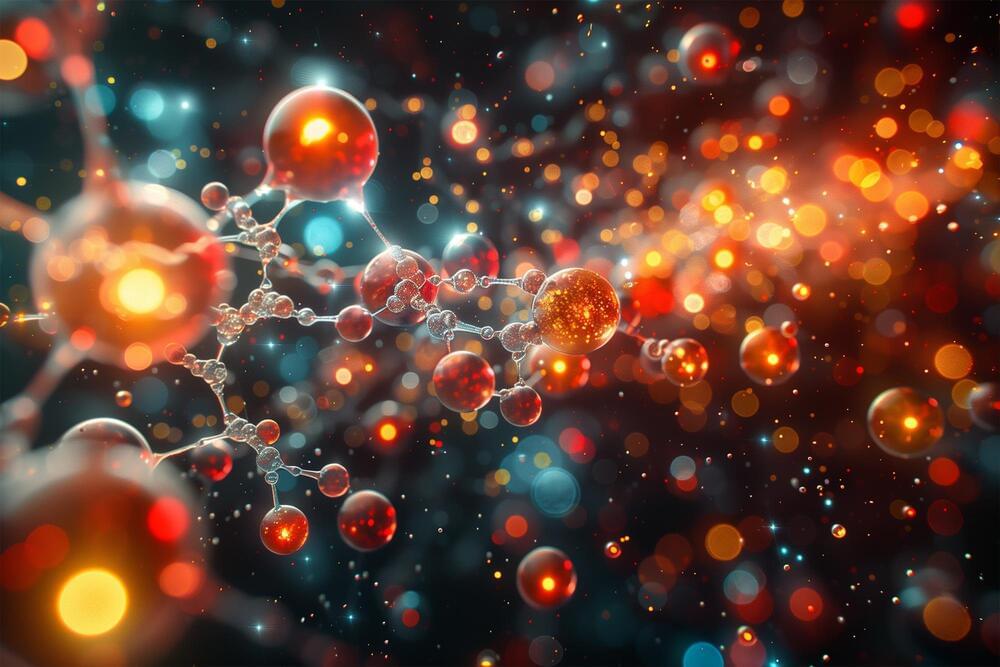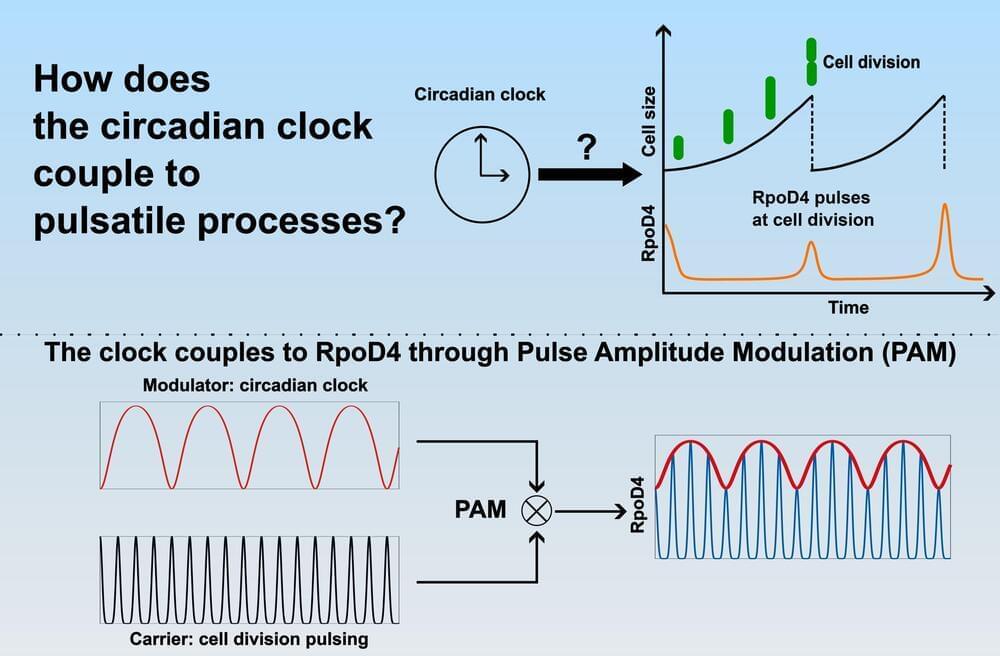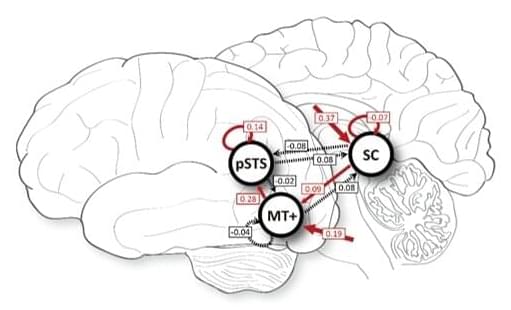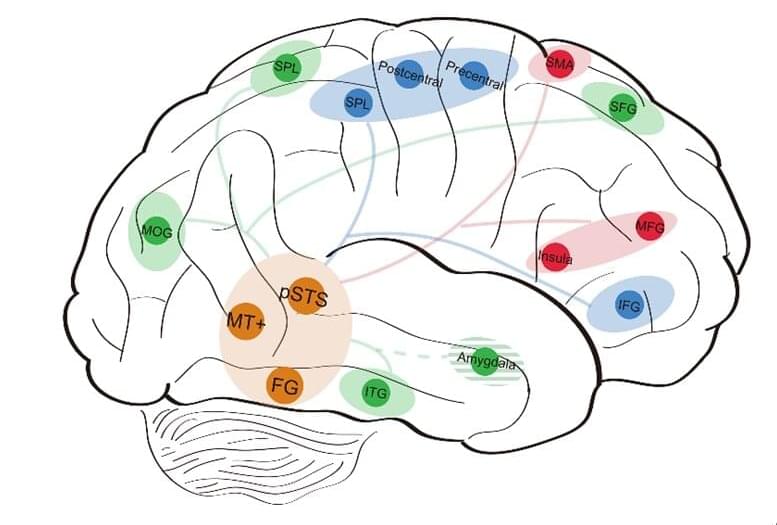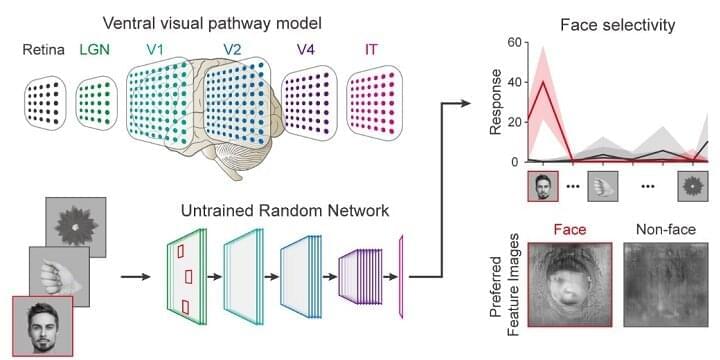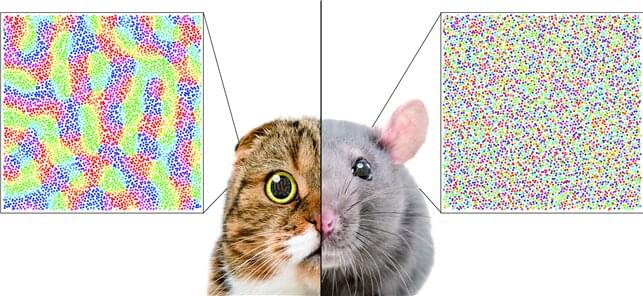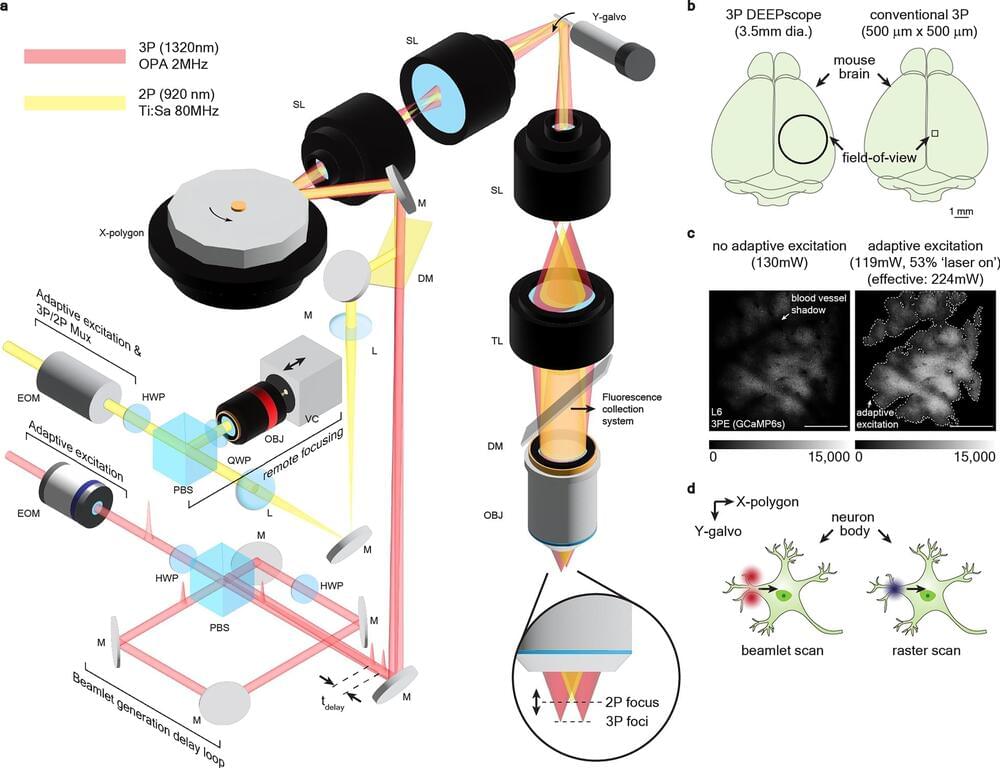In a study published Nov. 21 in the journal Nature Human Behaviour, researchers have uncovered significant genetic connections between human language abilities and musical rhythm skills, providing new insights into the biological underpinnings of these fundamental human traits.
The study brought together leading experts in the areas of musicality genetics and language genetics from Vanderbilt University Medical Center in close collaboration with researchers at the Max Planck Institute for Psycholinguistics in the Netherlands.
The study revealed overlapping genetic underpinnings between rhythm-related skills and language-related traits, including dyslexia. Multiple datasets were used from over 1 million individuals. By applying advanced multivariate methods, the researchers were able to identify common genetic factors and explore their biological and evolutionary significance.
